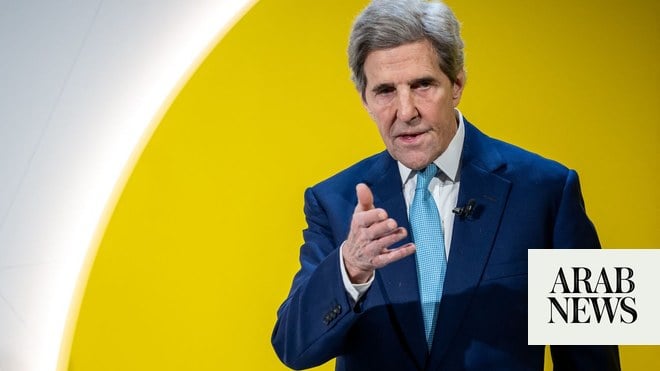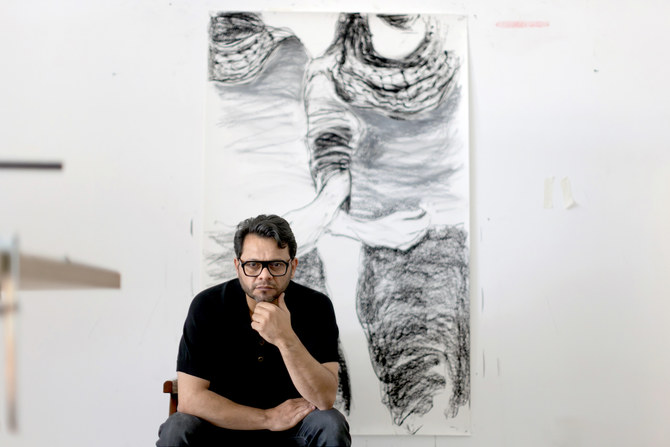
The King Abdullah Petroleum Studies and Research Center (KAPSARC) opened in 2013, but attracted little attention until it released a research study, “OPEC’s Impact on Oil Price Volatility: The Role of Spare Capacity,” that caught the eye of international media.
That study found that OPEC’s spare capacity reduces oil price volatility and generates up to $200 billion of annual economic benefits for the global economy.
Then, in early November this year, details came to light about another study that is considering the possibility of Saudi Arabia withdrawing from OPEC and what the implications of that might be on the global oil market and world economy. The study is being undertaken independently by the center and has attracted considerable attention throughout the energy industry.
The center has confirmed that the study was not commissioned by the Saudi government and OPEC had no comment to make on the research. However, knowledge of the existence of the study came at a crucial time for the global oil market, which depends on Saudi Arabia to keep prices and supplies balanced in order to stabilize the world’s economy.
Almost two years ago, I wrote an article entitled, “KAPSARC — A Budget Yet Larger Than the Outcome,” which dealt with the disappointment felt after the center was ranked toward the bottom of a list of leading think tanks in the Middle East and North Africa (MENA) in the “2016 Global Go To Think Tank Index Report.” The center languished in this low position because of the poor quality of its studies, which could not find publication in well-known journals.
The King Abdullah Petroleum Studies and Research Center cost about $2 billion to set up and has a huge annual operational budget. The research center was created with much fanfare, from its headquarters which was given LEED Platinum status by the US Green Building Council to the scientists who were “lured away” from top positions in other countries.
In 2013, an article about the center and the King Abdullah University of Science and Technology (KAUST) said: “Top people in the energy universe are moving to Saudi Arabia. It is going to be a developing story.” With all the planning and investment that went into launching the research center, there were expectations that it would be in the top tier of the regional think-tank rankings, not the bottom.
Being near the bottom of the rankings has led to talk that it might be a good idea to take advantage of such an elite physical facility and transform the center from a think tank to a consultation center — at least to reap some of its fruits. That would not be best for the Kingdom, however.
Energy data analysis and research requires a certain caliber of qualifications, which already exist in Saudi Arabia. Experienced outside talent is needed to ensure that research is well structured and then conclusions are derived and publicized in ways that add value both locally and globally. Until now, the center still lacks periodic publications. Its research should be at the foundation of global energy analysis, and its Saudi experts should become leading names in the industry.
Saudi Arabia is undertaking huge social and economic reforms while entering a new phase in energy policy. With Saudi Vision 2030, the Kingdom has witnessed remarkable developments in the utilization of technology and the empowerment of local talents. A local think tank carrying out prominent research is needed to provide Saudi Arabia with the knowledge required to ensure that the Kingdom is making the most of its resources. Saudi energy strategy must be data-driven, with local analysis and independent energy intelligence, not based on the capricious nature of global agendas and oil market sentiment that affect oil outlooks, coupled with oil prices that are detached from physical oil market fundamentals.
Surprisingly, not only Saudi Arabia but also the GCC producers lack independent analysis on crude oil markets, refined petroleum products, petrochemicals and shipping. This is a role that the center can easily undertake with Saudi talents who can become experts in the oil industry and real-world global market forces.
The King Abdullah Petroleum Studies and Research Center will be able to help Saudi Arabia assume a strong role as the leader in the global energy market and it can also earn good revenue in the process.
Faisal Mrza
The Kingdom is the world’s largest oil exporter. It makes sense that the center would be an independent organization playing a prominent role in providing periodic publications on market intelligence and insights that are required daily, weekly, monthly, or on ad-hoc request. More than 80 percent of the global oil media is about Saudi Arabia, and most articles and reports come with negative conclusions. The center can contribute so that Saudi Arabia is not only the largest oil exporter and the most reliable oil producer, but also produces the most reliable oil analysis.
The Kingdom is a major refining and petrochemical hub. However, not only Saudi companies in these industries but also other GCC national oil companies, international oil majors, refineries and the regional petrochemical complexes rely on unreliable secondary sources which monopolize data. Such secondary sources take on critical, market-moving roles in outlooks, pricing and strategies.
The center could have the right Saudi talents and systems in-house to handle big data analysis focusing on energy. It is unfathomable that “talking heads” in other locations with little understanding of the intricacies of today’s global energy industry are still able to cause massive market swings, simply based on past reputation. While to be credible the center must function independently, at least it would put forward correct information when the world’s energy media gets the facts wrong, as they so often do when it comes to the Kingdom’s oil policies. This won’t be in contradiction with the center’s main objectives.
Weak analyses, which are not underpinned by a fact-based foundation, should no longer be able to dictate market fundamentals or market sentiments that weigh heavily on the movement of oil prices. The center will be able to help Saudi Arabia assume a strong role as the leader in the global energy market and it can also earn good revenue in the process. This will encourage it to be financially independent and alleviate its huge budget burden on the Kingdom.
It is natural that there will be more than one research center, many partnerships and considerable cooperation in the global energy industry. But with the Kingdom investing billions of dollars annually to ensure steady upstream projects to meet global energy needs and the future growth in oil demand, it is only fair to ask: “What is the return to Saudi Arabia?” That return is not just financial. It should be reputational, too. The King Abdullah Petroleum Studies and Research Center must take its place at the heart of Saudi Arabia’s reputation in the global energy industry.
Faisal Mrza is an energy and oil marketing consultant. He was formerly with OPEC and Saudi Aramco. He is the president of #Faisal_Mrza Consulting. Twitter: @faisalmrza
Disclaimer: Views expressed by writers in this section are their own and do not necessarily reflect Arab News" point-of-view












